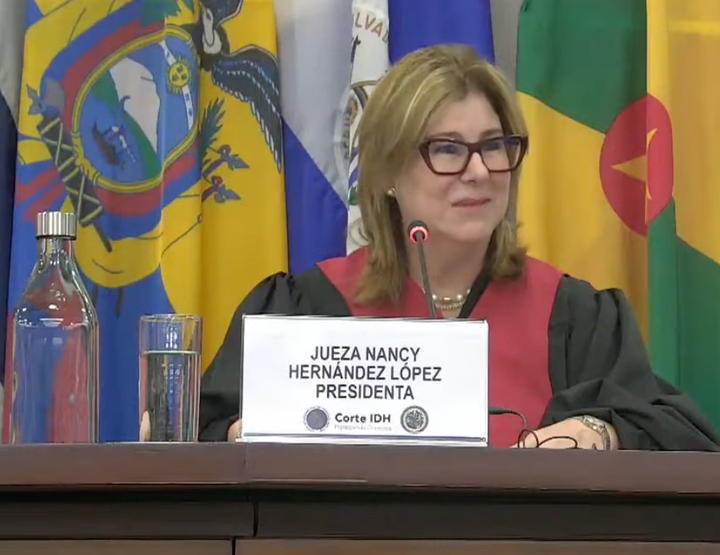State Court Declines To Toss Out Delaware's Climate Accountability Case

The state of Delaware’s lawsuit seeking to hold fossil fuel companies liable for alleged climate deception and climate-related costs is one step closer to trial after a state court judge refused to completely dismiss defendants’ bids to toss out the case.
Superior Court Judge Mary M. Johnston issued an opinion on January 9 striking out several elements of the state’s complaint but upholding other allegations, including a claim that the companies failed to warn about the climate consequences associated with their products.
"We're grateful that the Court denied several Big Oil defendants' efforts to evade accountability," Mat Marshall, a spokesperson for the Delaware Attorney General Office, said in an emailed statement. "We're reviewing Judge Johnston's opinion and analyzing next steps, and are undeterred in our pursuit of justice for Delawareans enduring the cost of climate change."
Delaware’s lawsuit, filed in September 2020, targets more than two dozen oil and gas companies and their chief lobby group the American Petroleum Institute, accusing them of decades of deceitful conduct intended to maximize fossil fuel sales and profits while publicly denying or downplaying the climate risks. This has led to increased fossil fuel combustion and subsequent climate breakdown with severe and costly impacts to the state such as coastal flooding and erosion and extreme heat, the complaint asserts. Delaware also alleges the defendants continue to mislead the public through greenwashing and false advertising. The lawsuit includes claims of negligent failure to warn, nuisance, trespass, and violation of the Delaware Consumer Fraud Act.
After unsuccessfully trying to force the case into federal court, where they envisioned an easier path to dismissal, the industry defendants lodged a multitude of grounds for dismissing the lawsuit. The court heard these arguments in late September 2023, and its decision reflects some concessions granted to defendants.
The consumer fraud claims and general allegations of greenwashing were tossed out. Judge Johnston’s opinion found that the Delaware Consumer Fraud Act claims are barred by the five-year statute of limitations, and that the state’s alleged misrepresentations lacked specificity, though the state could amend its complaint to address that with more particularity.
Her opinion also partially sided with defendants on the question of whether the federal Clean Air Act preempts the state’s claims pertaining to global greenhouse gas emissions. Interstate emissions are subject to the CAA and preemption would apply, though not for “damages resulting from air pollution originating from sources in Delaware.”
The court declined to dismiss the state’s claims of nuisance and trespass, though it did narrow the scope of those claims to pertain only to state-owned land. The court also refused to dismiss Delaware’s failure to warn claim.
A move by six of the defendants – BP, Chevron, Exxon, Shell, TotalEnergies, and American Petroleum Institute – to assert lack of specific jurisdiction, claiming they lacked any relevant contact with the state of Delaware, was further rejected by the court. The court did find, however, that TotalEnergies should be dismissed or released from the case due to “failure to be served with process.” Additional motions to dismiss under Anti-SLAPP laws, as requested by API and Chevron, were also denied.
The court’s ruling overall does limit the scope of Delaware’s case, but allows it to advance nonetheless towards the discovery and trial stages.
The ruling comes one day after another climate accountability case brought against Big Oil by the state of Minnesota got a boost from the US Supreme Court’s denial of defendants’ petition to intervene, allowing it to proceed in state court. Several other climate cases, including ones filed by Massachusetts and by the city and county of Honolulu, are now in the pre-trial discovery phase.
Updated January 12, 2024 with a statement from the Delaware Attorney General Office


